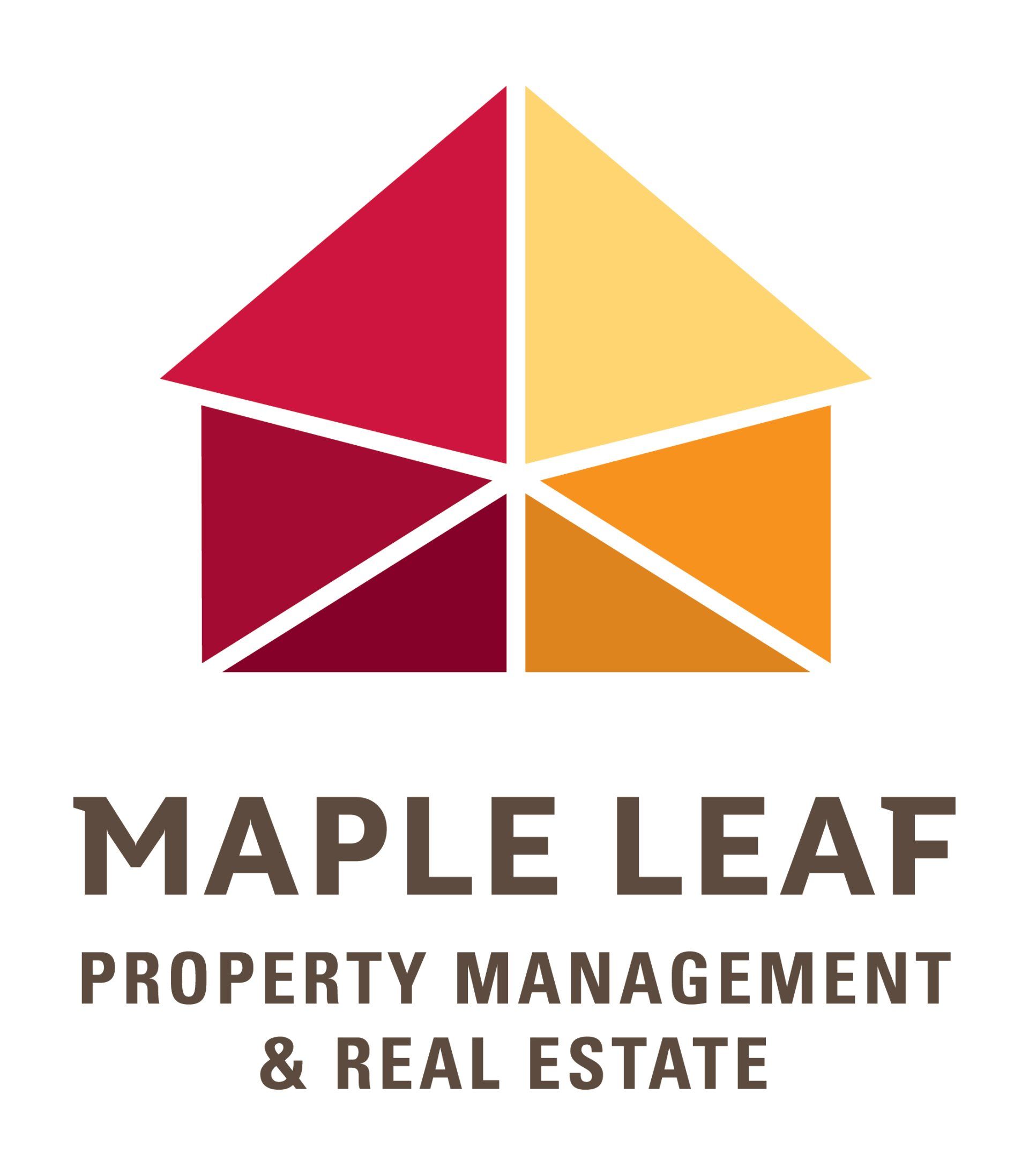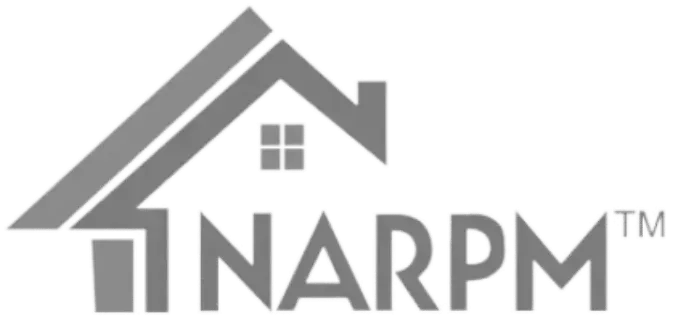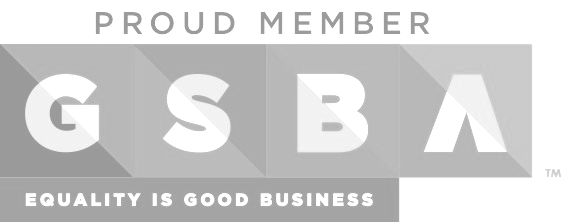Summer 2025 Newsletter
We tend to care
Interested in partnering with Maple Leaf Property Management?
Washington’s Statewide Rent Control Law Is Now Official
As of
May 7, 2025,
House Bill 1217 has been signed into law, bringing significant changes to rent regulations across Washington. Whether you're managing your own rental or considering professional support, understanding the new rules is key.
Rent Increase Limits & Lease Regulations
- Rent increases are capped at 7% + CPI or 10%, whichever is lower
- No rent increases are allowed within the first 12 months of a tenancy
- 90-day notice is now required for all rent increases
- A difference of up to 5% may be charged between lease types (e.g., month-to-month vs. fixed-term)
- Lease terms must be consistent, regardless of lease type (no added burdens for month-to-month tenants)
Exemptions
The following properties are exempt from the cap:
- New construction (up to 12 years old)
- Owner-occupied properties including duplexes, triplexes, fourplexes, DADUs, and ADUs
- Nonprofit and public housing
Notice Rules
- Rent increase notices must follow RCW 59.12.040
- If a lease ends within 60–90 days, landlords must give at least 60 days’ notice before increasing rent
This legislation brings new compliance responsibilities—and potential risks—for property owners. If you’d like guidance navigating the new requirements or want support in managing notices and exemptions, we’re here to help.
Tenant Rights & Legal Enforcement
- Tenants may terminate tenancy with 20 days’ notice if rent exceeds the cap.
- They must still pay the full month’s rent but can’t be charged added fees.
- Landlords must be given a chance to cure violations before legal action.
- Violations can be enforced by the WA Attorney General or tenant:
- Repayment of excess rent or fees
- Up to 3x damages for unlawful charges
- Civil penalties up to $7,500 per violation
Other Requirements
- Landlords may not report nonpayment for amounts over the rent cap.
- WA Commerce must create an Online Landlord Resource Center.
- Local laws (e.g., Seattle’s 90+ day notice) still apply if more restrictive.
This legislation mirrors Oregon’s rent cap model, which stabilized rents short-term but led to slower new construction and lower investment in maintenance.
At Maple Leaf Property Management, we’ve successfully adapted to every major rental regulation change over the past five years. While this new law presents challenges, we’re ready to guide our owners through Washington’s evolving rental landscape with confidence and care.
Meet Marina Hudgens
Our Business Development Director
We’re excited to introduce Marina, who now leads our business development efforts at Maple Leaf Property Management.
One of the many strengths Marina brings to the role is the return of in-person appointments. Zoom and phone calls certainly do the job—but there's nothing quite like connecting face-to-face.
Marina began her real estate career in 2003 in San Francisco. With over two decades of experience in property management, leasing, commercial, corporate suites, and sales, she brings a wealth of industry knowledge to Maple Leaf Property Management.
She holds a Managing Broker’s license and is also a real estate investor, giving her a detailed understanding of the ever-changing local market. Marina’s commitment to long-term relationships—paired with her integrity, innovation, and outstanding communication—makes her a trusted resource in the industry.
She’s looking forward to connecting with our valued owners, agents, and industry partners.
You can reach Marina at:
📧 marina@mapleleafmgt.com
📞 206-250-7367 (ext. 1)
Leasing & Selling Tips
Term Leases and Selling a Rental Property: How It Works
At Maple Leaf Property Management, we advise our clients to use term leases rather than month-to-month agreements. The benefits of term leases are numerous—chief among them is guaranteed rental income for the full lease term, not just however long a tenant chooses to stay.
Occasionally, during the course of a lease, an owner may decide to sell the property. When that happens, there are specific legal steps we must follow. Here's a brief overview:
- For single-family homes, the owner must provide 90 days’ notice for tenants to vacate at the end of their lease term if they intend to sell the home.
- This notice must be served in accordance with RCW 59.12.040.
- This rule does not apply to multi-family properties such as condos.
If an owner plans to sell a multi-family property, they must either:
- Sell the property with the tenant in place, or
- Negotiate a voluntary move-out, such as offering moving costs or other incentives.
This is because "selling" is only considered Just Cause to terminate a lease for single-family properties, not for multi-family units.
Townhomes: A Legal Gray Area
Determining whether a townhome qualifies as a single-family home depends on several factors.
According to Washington State Law (RCW 59.18.030), a property is considered a single-family home if it:
- Has direct street access (no shared driveway), and
- Has no shared utilities.
In Seattle, the Seattle Municipal Code (SMC 22.204.200S) adds one more requirement:
- The home must be detached with a permanent foundation.
Required Disclosure
All tenants in Seattle receive a copy of the Renting in Seattle handbook, which outlines Just Cause Termination rules—including those related to selling a property.
📘
Click here to read the handbook
(See pages 46–47 for more on sale-related notices.)
Summer Maintenance Tips
Keeping a home in top condition—especially during summer—can help prevent costly issues and keep tenants happy. If you're managing your own property, here are a few seasonal reminders to stay ahead:
Lawn & Yard Care
Good curb appeal starts with consistency. Water deeply but less often, ideally in the mornings or evenings to reduce evaporation. Skip midday watering, as it wastes more water than it helps. Keeping grass trimmed and edges clean supports healthy growth and discourages pests.
Mini Split & HVAC Filter Maintenance
Mini split filters should be cleaned quarterly. Just rinse, dry, and reinstall to keep air quality high and energy use low. HVAC filters should also be replaced every three months. This is a simple but often overlooked step in keeping systems running smoothly.
Quick Fix Tip
If an A/C unit or thermostat isn’t working properly, sometimes the issue is as simple as replacing the batteries in the remote or wall unit. It’s worth checking before calling in a vendor.
This is the kind of seasonal guidance we share with residents—and the kind of proactive care we offer property owners. If you're looking for more peace of mind and support with maintenance coordination, we’d love to connect.





